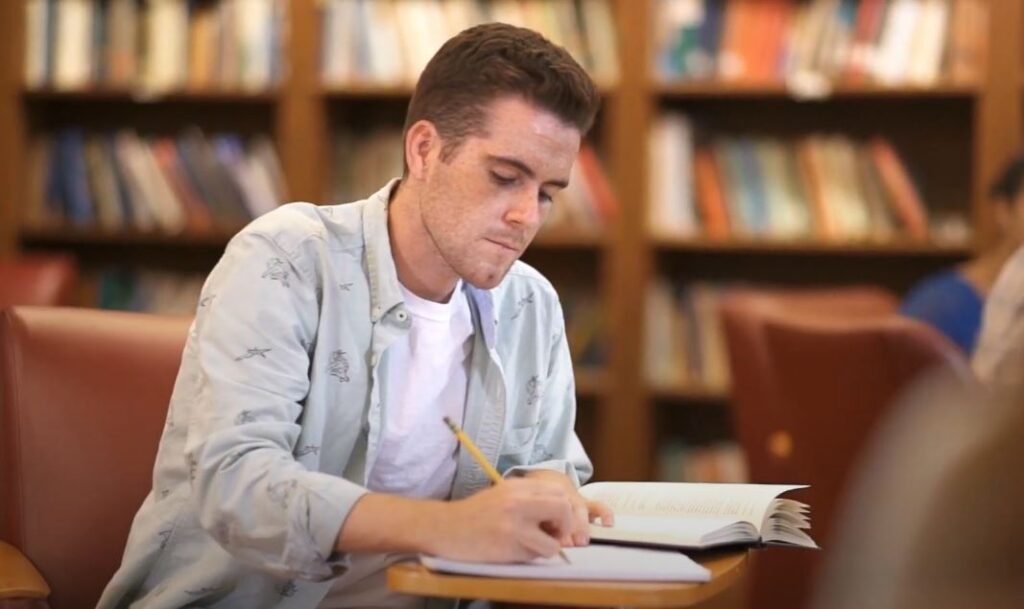
Inconspicuously, Boston University has become one of the most influential academic institutions in the United States. Its programs’ breadth and the remarkably successful way they link professional preparation, creativity, and research are its main strengths. With 17 schools, BU strikes an impressive balance between depth and breadth. Every college aims to develop self-reliant thinkers, flexible leaders, and socially conscious professionals.
The College of Arts & Sciences, which offers a wide range of majors from computer science to philosophy, is one of the most prestigious departments. The school gives students the critical thinking and practical problem-solving skills that are becoming more and more valued in a variety of industries by skillfully fusing technical training with liberal arts education. Due to BU’s close proximity to international consulates and think tanks, international relations majors have an exceptionally clear path toward careers in diplomacy and policy.
Academic Highlights of Boston University
| Category | Details |
|---|---|
| Founded | 1839 |
| Location | Boston, Massachusetts |
| Type | Private Research University |
| Total Enrollment | ~37,000 students |
| Undergraduate Enrollment | ~17,500 |
| Student-to-Faculty Ratio | 10:1 |
| Number of Schools & Colleges | 17 |
| Degree Levels Offered | Bachelor’s, Master’s, Doctorates, and Professional Degrees |
| Notable Strengths | Business, Communication, Engineering, Public Health, Biomedical Research |
| Global Ranking (QS) | Among Top 100 Globally |
| Official Website | www.bu.edu |
Another academic powerhouse at BU is engineering, specifically biomedical engineering. The College of Engineering is notable for its innovative approach and was one of the first to create interdisciplinary programs that connect medicine and robotics. Students take part in research that tackles practical issues, like neural interfaces and prosthetic design, frequently in collaboration with esteemed organizations like Boston Scientific and Harvard Medical School. Undergraduate research opportunities have been greatly enhanced by these partnerships, which is still uncommon at many research-intensive universities.
BU’s College of Communication has gained a lot of respect in the media and storytelling fields. Students have access to direct industry knowledge thanks to instructors who have held positions at The New York Times, CNN, and National Geographic. To prepare graduates for a rapidly changing media landscape, courses in digital storytelling, journalism ethics, and content creation are especially helpful. Pulitzer Prizes and Emmys have been won by graduates, demonstrating the college’s extraordinarily adaptable instruction.
Special consideration should also be given to the Questrom School of Business. Its curriculum combines current industry challenges with fundamental business disciplines. The emphasis on innovation and data analytics has significantly improved employment outcomes in recent years. Students gain a practical edge by working on real consulting cases while still in school thanks to corporate partnerships with firms like PwC, Deloitte, and Amazon. Questrom students frequently stand out as exceptionally effective thinkers and doers, which is important as employers increasingly look for professionals who can adapt to complex systems.
In addition to being essential to the regional healthcare system, BU’s School of Public Health and School of Medicine are also major research hubs worldwide. The National Emerging Infectious Diseases Laboratories (NEIDL) at Boston University provided crucial information on vaccine reactions and virus transmission during the COVID-19 pandemic. As one of the few universities equipped to manage Level 4 biohazards, BU’s reputation in the life sciences was greatly enhanced by these initiatives. With the help of faculty whose work regularly appears in prestigious medical journals, this research capacity keeps expanding.
Since its founding in 1872, Boston University’s School of Law has been renowned for turning out pioneers in the fields of intellectual property, health law, and legal reform. A curriculum that emphasizes ethical reasoning and legal technology is beneficial to law students. Many graduates end up arguing in federal courts or creating policy for nonprofit organizations through strategic internships and public interest programs, demonstrating that BU’s legal education isn’t merely theoretical but also actively applied.
BU’s academic identity is further enhanced by Kilachand Honors College. In order to work on challenging issues that are frequently related to ethics, sustainability, and public policy, this program brings together highly motivated students from various academic fields. Through the promotion of rigorous discourse and practical research, Kilachand develops leaders who are not only knowledgeable about the social impact of their work but also well-read. Early-stage startup founders, Fulbright recipients, and Rhodes Scholars are among the program’s alumni.
By making large investments in digital learning platforms in recent years, BU has greatly increased the scope of its online and hybrid offerings. The university has opened up its resources to a larger audience without sacrificing academic quality through initiatives like the online MBA and the BU Virtual Master of Social Work. These programs, which combine excellent instruction with flexibility, are especially advantageous for international students and working professionals.
Another strength is global engagement. In more than 20 countries, BU runs more than 90 study abroad programs. Immersion language learning, field research, and organized internships are all part of these programs. The university gives students access to important global perspectives through partnerships with organizations in Shanghai, Paris, and London. Many graduates who studied overseas attribute their expanded career horizons and cross-cultural understanding to these experiences.
For many years, Boston University has maintained its dedication to equity and accessibility. Dr. Ibram X. Kendi established the university’s Center for Antiracist Research, which has grown to be a national voice in the struggle against systemic racism. The center is assisting in redefining how educational institutions approach justice through workshops, data analysis, and public awareness campaigns. In keeping with BU’s emphasis on education with purpose, students from a variety of academic fields, including business and sociology, are encouraged to participate in the center’s activities.
With a student-to-faculty ratio of 10:1, BU maintains an intimate learning environment despite its size. In addition to being academics, professors actively mentor students and promote an environment of experimentation and inquiry. Students are constantly pushed to the limit in everything from machine learning labs to seminars on ancient philosophy. This philosophy has produced a campus culture that is vibrant with inquiry and teamwork.

